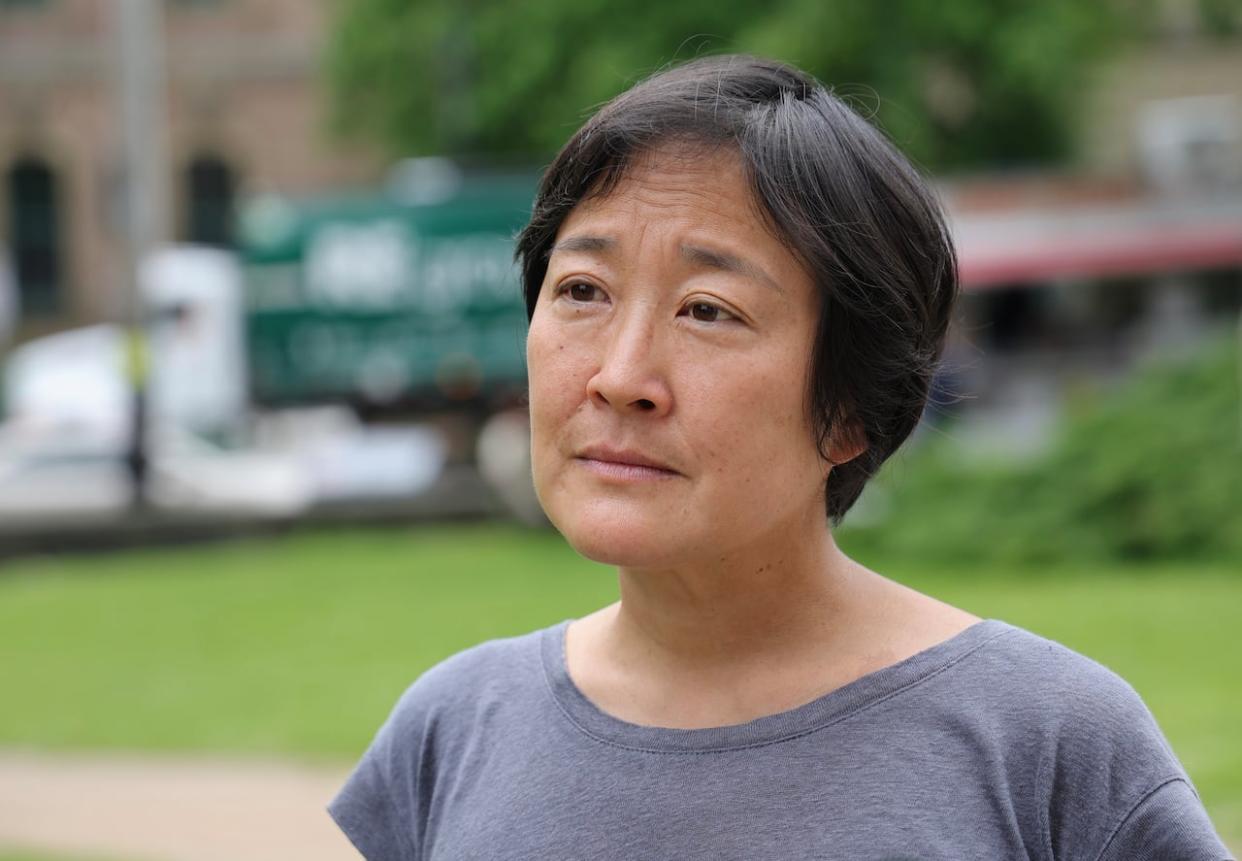QEII clinic runs out of funds for its compassionate contraception program

A reproductive care clinic in Halifax is asking for donations after running out for funds for its free compassionate contraception program.
For years, the Reproductive Options and Services (ROSE) Clinic's program at the QEII Health Sciences Centre has offered IUDs and other methods of contraception for free to those who can't afford them.
The clinic is looking for funds to cover those costs until the federal government's recently revealed pharmacare plan — which plans to cover contraception and some diabetes treatments — is in place.
"Whenever we had donations, we put it towards buying the contraceptive devices," said Dr. Lianne Yoshida. "Unfortunately … we've spent all of our money and so we can't buy any more."
Yoshida, the co-director of the clinic, said her concern is the gap that exists between the announcement of the pharmacare program and the point when coverage will actually begin.
"We will have some time when we can't offer long-acting birth control to our patients," she said.

For Susan Mullin, the CEO of the QEII Foundation, donating to the clinic is a way to ensure people have autonomy over their bodies. (Mark Crosby/CBC)
Those long-acting birth control methods, like the IUD, are a front-line method to prevent unwanted pregnancies, but the cost can be prohibitive for some, according to Yoshida.
According to data from the Halifax Sexual Health Centre, a hormonal IUD can cost between $400 and $500 if purchased at a pharmacy, while the contraceptive implant can cost up to $350.
"We have seen patients who present for an abortion with an unplanned pregnancy and the reason why they're pregnant is they couldn't afford their contraception," Yoshida said.
For Susan Mullin, the CEO of the QEII Foundation, donating to the clinic is a way to ensure people have autonomy over their bodies. Since 2005, the foundation has donated more than $240,000 to the clinic, Mullin added.
"Part of that autonomy, there is an element of privilege and some people have health benefits … and other financial means that allows them to seek out appropriate contraceptive techniques," Mullin said, "and there's lot of [people] who are simply not in that position."
Mullin said lack of contraceptive options is a "health equity" issue, and birth control is only one reason someone may seek out contraceptives. Some use it to alleviate painful menstrual symptoms.
"We know that if women have the ability to control their own reproductive ability, we can give people some ability to finish school, to go on to, perhaps, higher education or to seek out the right level of employment," she said.
MORE TOP STORIES


